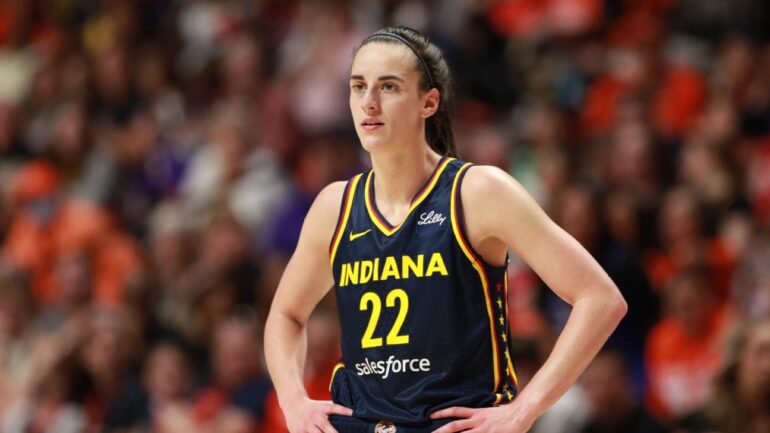A Star Player Is Redefining the Business of the WNBA
Caitlin Clark’s presence in the WNBA has proven to be more than a headline-grabber—it’s an economic revolution. From ticket sales and merchandise to tourism and media rights, her influence touches nearly every financial aspect of the league. But a recent injury has sparked concern about just how deeply tied the WNBA’s momentum is to its brightest star.
When the Indiana Fever announced Clark would miss at least two weeks due to a quad strain, the market reaction was instant. Ticket prices dropped. A game that once had a $86 get-in price dropped to $22. For a matchup against the Washington Mystics, entry fell to just $7. Across five Fever games during her absence, average ticket prices dipped by 42%.
However, the broader picture still shows huge promise. Clark is projected to generate an economic impact of $875 million in 2025, a figure that could exceed $1 billion if her trajectory continues. Last year alone, she accounted for 26.5% of all WNBA revenue, according to Ryan Brewer, a finance professor at Indiana University Columbus. Her impact includes spikes in merchandise sales (up over 500% league-wide), ticket demand, and record-setting television ratings.
This momentum has already helped expand the WNBA. The addition of the Golden State Valkyries in 2024 and upcoming teams in Toronto and Portland reflect growing investment interest. A new 11-year, $2.2 billion media rights deal begins in 2026, expected to triple the WNBA league’s broadcast income.
Clark’s star power also uplifts others. Six teams are now averaging 10,000+ fans per game—a level not seen since 1998. Her matchup against Angel Reese drew 2.5 million viewers, making it the most-watched WNBA game on ESPN.
Locally, Indianapolis has benefited tremendously. Clark’s arrival triggered a 501% spike in web traffic to Fever pages and increased hotel bookings. The city even leveraged Fever games to lure business attractions and profits—some of which were never considered until Clark took the court.
Still, her injury brings concern. If Clark misses more time, the league could take more of a financial hit. The WNBA is growing, but one thing is clear—Caitlin Clark is more than a player; she is the major contributor to the league’s growing success.

